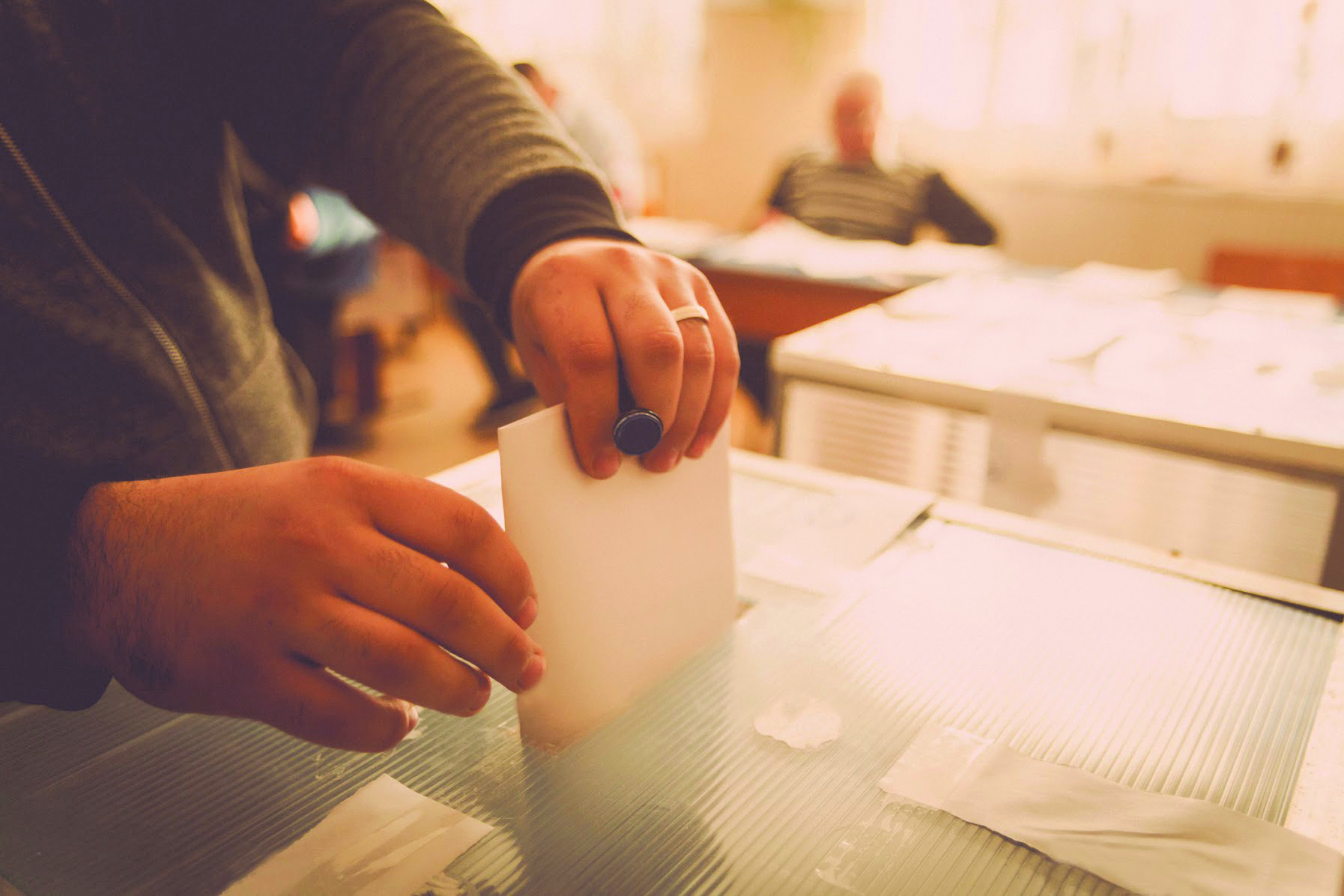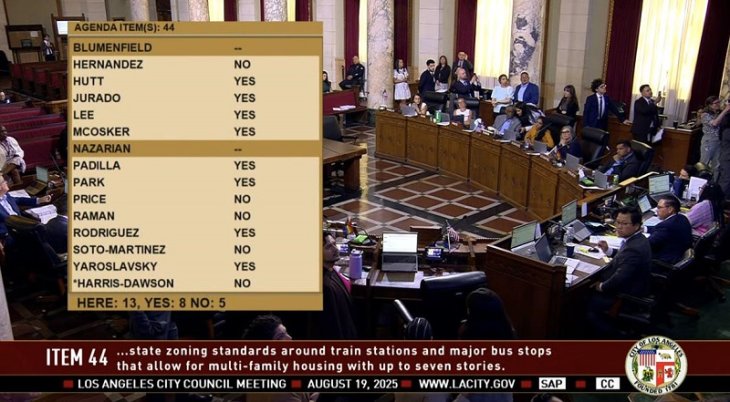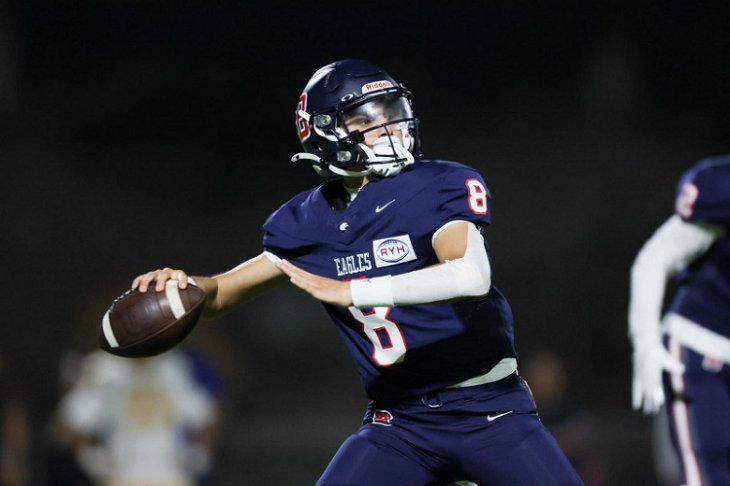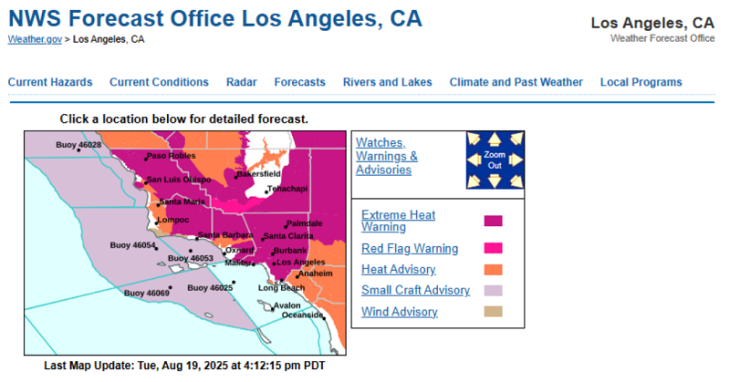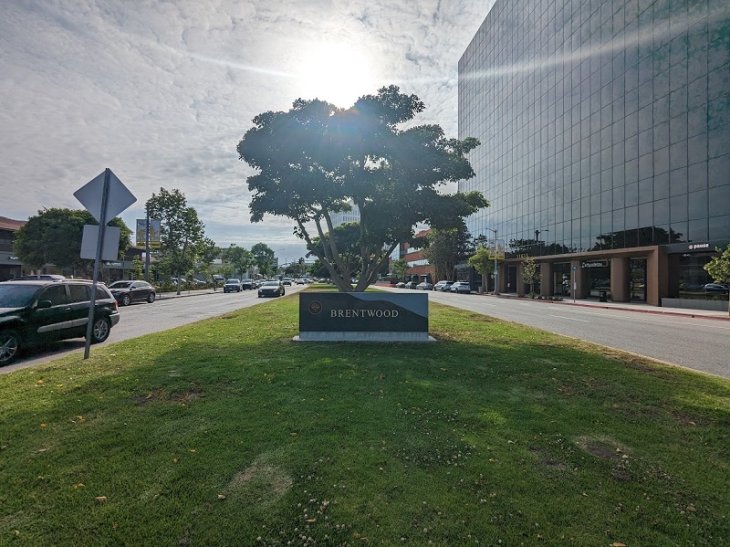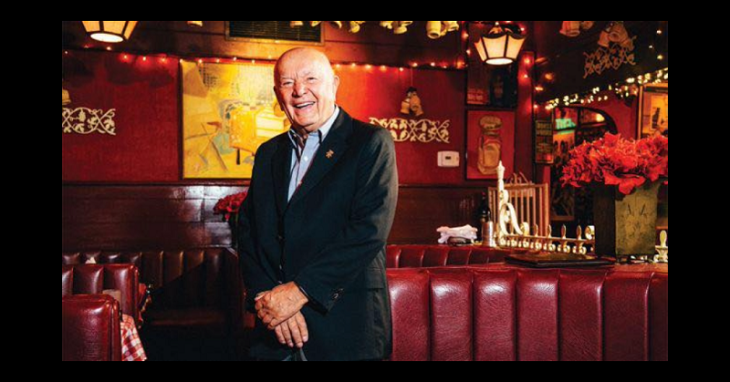By Tom Elias

If supporters of several proposed initiatives now in the process of gathering signatures get their way, California voters may soon see an unprecedented opportunity to cast extremely selfish ballots.
The most purely selfish of these were put forward by Lee Olson, a previously unpublicized figure in the Orange County city of Huntington Beach.
Three proposals from Olson are now authorized to circulate, although it’s unclear whether they will get much financial support. If all should reach the November ballot, they will provide a litmus test of whether Californians really mean it when they proclaim to pollsters that they support more education funding, good roads and better academic quality in public schools.
One planned Olson initiative exempts Californians with no children enrolled in public schools from paying any taxes, fees and other charges for public education. If it makes the ballot, this would give millions of the state’s senior citizens and parents of private or parochial school students a chance to vote themselves thousands of dollars in personal savings – at the expense of the millions of students enrolled in public schools, colleges and universities.
This could cost the state many billions of dollars, and no one has any idea how that funding might be replaced. It would likely be the most selfish proposition ever placed on a California ballot.
Not far behind is another Olson proposal to exempt anyone over 55 years old from paying state or local income and property taxes and property fees. It doesn’t quite go so far as to let seniors off the hook for homeowner association fees in condominiums and other developments that require them. But this one would decimate spending for schools (again) and fire and police departments, plus road and sewage repairs, courts, parks and virtually everything else government does. It would cost governments $60 billion a year – unless they raise sales and vehicle taxes through the roof.
Olson has another notion, too, this one to prohibit school boards from enforcing any kind of educational standards, while giving parents the “right to determine the venue…” where their children are schooled. It’s not clear whether that would force the University of California to take every student who wants to attend, regardless of qualifications, but that would likely be a subject of lawsuits.
These are probably the most radically destructive ideas ever proposed for the California ballot, and they could provide myriad opportunities for casting ultra-selfish ballots – votes that might backfire on those who cast them they next time they need police or fire department help, or want to flush their toilets.
Of course, more standard measures now circulating also could offer plenty of chances to cast selfish votes, while standing a far better chance of actually qualifying for the ballot.
One is the proposal to repeal the state’s new 12-cents per gallon gasoline tax, reviled by Republicans and some Democrats. Every poll shows Californians want the road repairs for which the billions of dollars this tax is raising are earmarked. But those same polls show a majority of voters dislikes the new levy. That’s pure selfishness, voters essentially saying they want smooth pavement, but don’t want to pay for it. Like much that’s self-serving, this set of sentiments has plenty of potential to backfire on supporters when they have to buy new tires, springs, shock absorbers and struts after driving through enough potholes.
Another more standard proposal already enjoying significant support would allow property owners under 55 years old to transfer their Proposition 13 property tax benefits when they sell one home and buy another, just as folks over 55 now can do. That one would also cost governments billions, with no one having the slightest idea how to replace the funds.
And there’s a proposal setting salaries for schoolteachers with at least five years service at the same level paid to state legislators. This would allow for ultra-selfish votes from myriad schoolteachers and their families, without concern for public school budgets.
None of these possibilities has yet reached the ballot, but if any or all make it, they will provide voters with opportunities to be as selfish as they like, no matter what they tell pollsters in advance.


